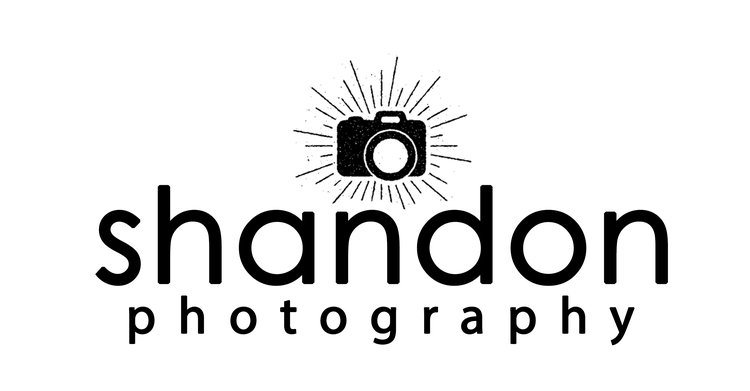Five Questions to help define who you are as an Artist
So much of being an actor in Los Angeles is knowing your type. When you know and embrace your type, you help casting directors do their jobs more efficiently. But type is a sort of superficial category only a few layers deeper than skin and hair color. And while knowing your type might help you land your next job, if you want to get to the nuts and bolts of what gives you longevity in Hollywood and what transitions you from day player to lead actor, you’ll need to delve into the more nuanced attributes that make you your own special and unique brand. Knowing who you are as a performer is the difference between a working-class acting career and star-powered artistic success.
As photographers, our jobs are convincing our subjects to reveal themselves, and the more sincerely our clients behave, the better the photos are. So I’ve had a lot of conversations with actors over the years hoping to scratch at what makes them unique as an artist, what makes them special to the industry, and what makes them a commodity worth buying.
Here’s a few questions that every actor should be able to answer, but I’m constantly amazed at how often the actors I shoot can’t answer these very simple ice breaker questions. While there are so many conversations that happen in our studio, the following are the types of conversations that help define who you are as an artist and what makes you interesting and unique. If you can’t answer these questions, you're neither interesting nor unique. I love knowing what an artist connects with—what moves them and why. It’s a way to see what creative wells they draw from. So take a few minutes to see how well you know your place in the industry. When you’ve reflected on your answers, think about whether or not you like the answers. It’s okay to keep the answers evolving - it just means your artistry will evolve and become more robust as well.
What are you watching? While there are many ways to answer this question, there’s really only one wrong answer. If you’re not watching anything, you’re not participating in the industry on the most basic level. You’re not learning and you’re not able to picture yourself in the industry. If you are wanting to act in the film and television industry, it’s important to know the industry you’re breaking into. You should be able to talk about the current television season or films with Oscar buzz. And you should be able to have something interesting to say about them. You might also want to be watching classic films and TV shows. Classics are what they are (in part) because of their talented casts. Maybe you want to study a specific actor’s filmography, or re-watch a sitcom with an inspired cast. You must have a sense of history if you want to make any of your own.
What are you good at? This shouldn’t be a hard question, but time after time I encounter artists who don’t really know where their talents are. When you know what you’re good at, you show a great deal of confidence and when you have confidence in yourself, it’s easier for others to invest in you. When you can openly share what your strengths are, it’s easier to communicate with everyone around you who are helping to get you to your goals, including your agents and managers, your photographers and of course your casting directors. Don’t be shy and don’t be wishy-washy. Define yourself as the actor you are and the actor you want to be. Think about the roles you enjoy playing and examples of when you really shined as an actor, whether professionally or in your scene-study classes. When you know yourself, you help others to know you.
Who do you admire as an artist? You should be watching performances that excite you and you should know why you get excited when watching these moments. And when you actively watch and study great acting, it’s inevitable that you can learn from it, even if it’s only a sense of what is required for you to succeed in a role. It’s important to have great talent to aspire to. It’s important to recognize what great talent is. If you can articulate why your favorite actor is a superior artist, then you’ve made your first step and discovering what is required for you to have an equally successful career.
What are you’re long term goals? If you don’t know where you want to go, you’ll never get there. It’s hard for an actor to have an endgame, when so much of the time is spent hustling for work. It’s important to remember what you want to do and not just what you’re willing to do. What you want to do will drive you to become better than you currently are. It will keep you motivated and you might even start creating that work on your own and not waiting for it to magically arrive. Having a strong sense of what’s going to keep you happy as an artist will keep your passion alive and keep the drama in the script and out of your personal headspace.
What made you want to be an artist? Frankly, after answering the other questions, this one should be a cinch. Being an actor in Hollywood can be a real struggle at times. It’s important to remember why you started down this path, so you can manage the disappointments that happen along the way. Every artist knows that moment when they knew their fate was sealed. It’s important to think about why that moment was so moving to you and if it continues to drive you today. And if the reason you're pursuing an acting career is superficial (i.e. the fame or the money), chances are your career will be superficial as well.
You are a unique spirit with a unique talent, and the better you can define yourself as an artist, the greater your chances to communicate your brand of entertainment to your team, your colleagues, and most importantly your audience.

